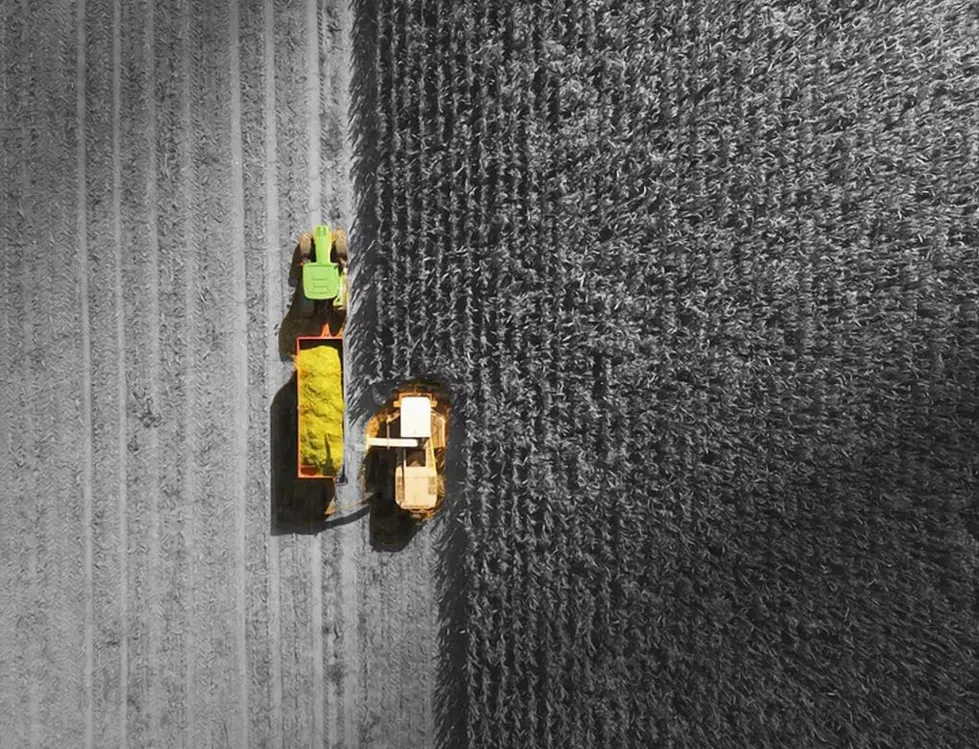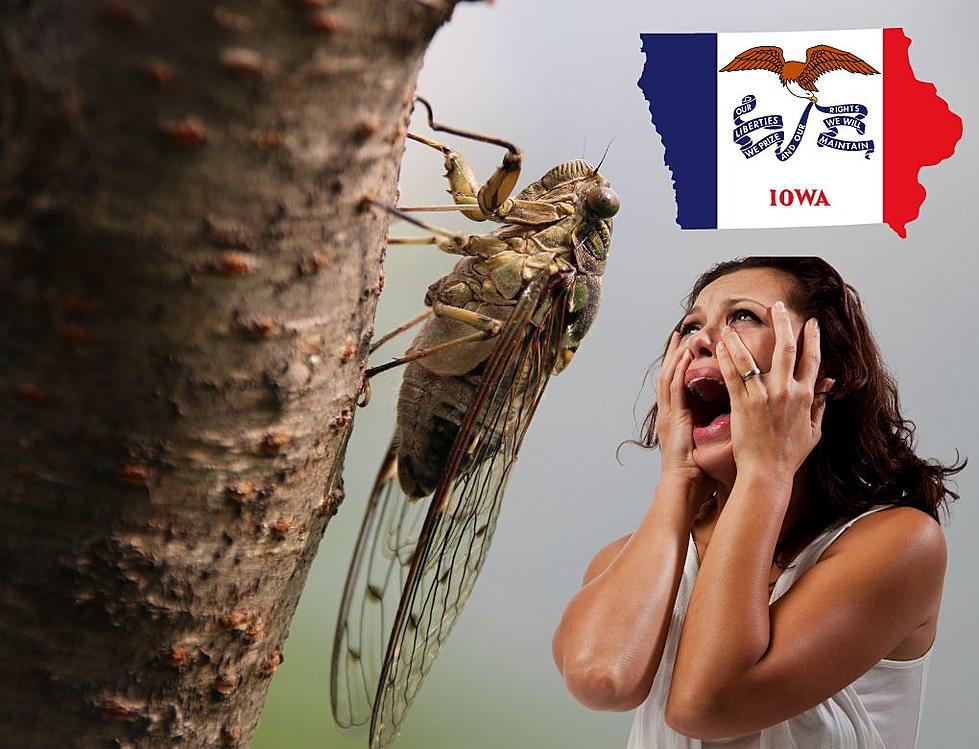
Farm Headlines, Wednesday Jan. 20, 2016
No New Cases of HPIA Reported Since Sunday
Indiana State Officials say no new cases of highly pathogenic avian influenza were reported since the weekend. Indiana State Board of Animal Health said Sunday that 100 farms tested over 24 hours came back negative. The state says the tests shows control measures are working. The outbreak is one of the worst to hit Indiana and containing it could take weeks, according to state officials. USDA confirmed the first infection Friday of a farm in Southern Indiana. Since then, the state found nine more farms in Indiana’s largest poultry producing county were infected with HPAI and were in the process of being depopulated, or already depopulated. The number of euthanized birds was expected to top 400,000. The state did increase the surveillance zone Monday and depopulated 150,000 non-infected egg laying hens as a precaution. Officials are saying the strain appears to be a North American originated strain of HPAI which is not as dangerous as the Asian strain that caused huge losses last year.
Gradual Land Value Declines Expected This Year
Farmers National Company predicts a softer agricultural land market will continue in 2016, with values for high-quality land holding steadier while lower quality land values decline. Still, despite lower land values scattered across many regions, land values, in general, will remain historically high when compared to long-term trends, according to the nation's leading farm and ranch real estate company. A company official says lower grain and livestock prices are an important factor in the current measured decline in land values, adding that they expect to see the trend continue as net farm income continues to fall. Farmers National Company statistics indicate positive long-term economic trends, even with the current softening of ag land values. The current land value trend may encourage new buyers to enter the market or existing investors to expand portfolios.
POET to Expand Ethanol Production
Three POET biorefineries will expand ethanol production capacity by a combined total of 25 million gallons in 2016. POET Biorefineries in Hanlontown, Iowa, Hudson, South Dakota and Caro, Michigan each filed separate expansion permits within their respective states and will soon be producing at the level their RIN permit allows. The expansions would increase POET biorefineries capabilities by more than 20 million gallons a year. POET President and COO Jeff Lautt said “this industry is ready to give drivers even more opportunities to use clean-burning, American-made biofuel." POET set production records at 17 biorefineries in 2015. The expansion comes however at a time when some are starting to question the competitiveness of ethanol because of the recent decline in oil prices.
NAFB News
More From AM 950 KOEL





![John Deere’s Biggest Tractor Will Be Built In Waterloo [PHOTOS]](http://townsquare.media/site/726/files/2024/02/attachment-Waterloo-Tractor-1.jpg?w=980&q=75)
![Eastern Iowa FFA Chapter’s ‘Tractor’ Video Goes Viral [WATCH]](http://townsquare.media/site/675/files/2024/02/attachment-tractors.jpg?w=980&q=75)


